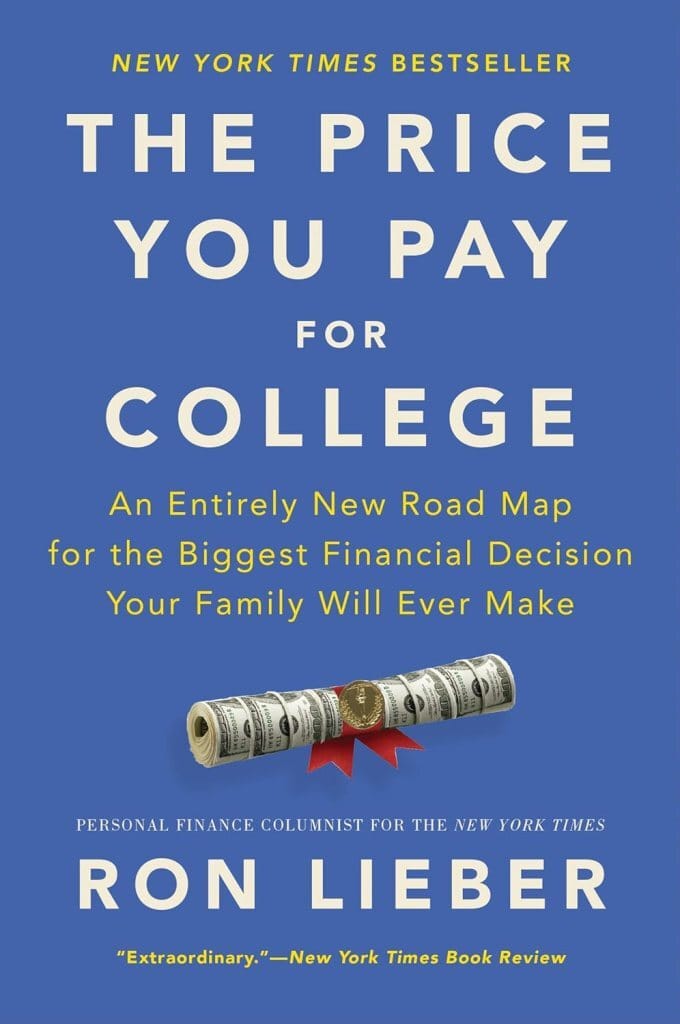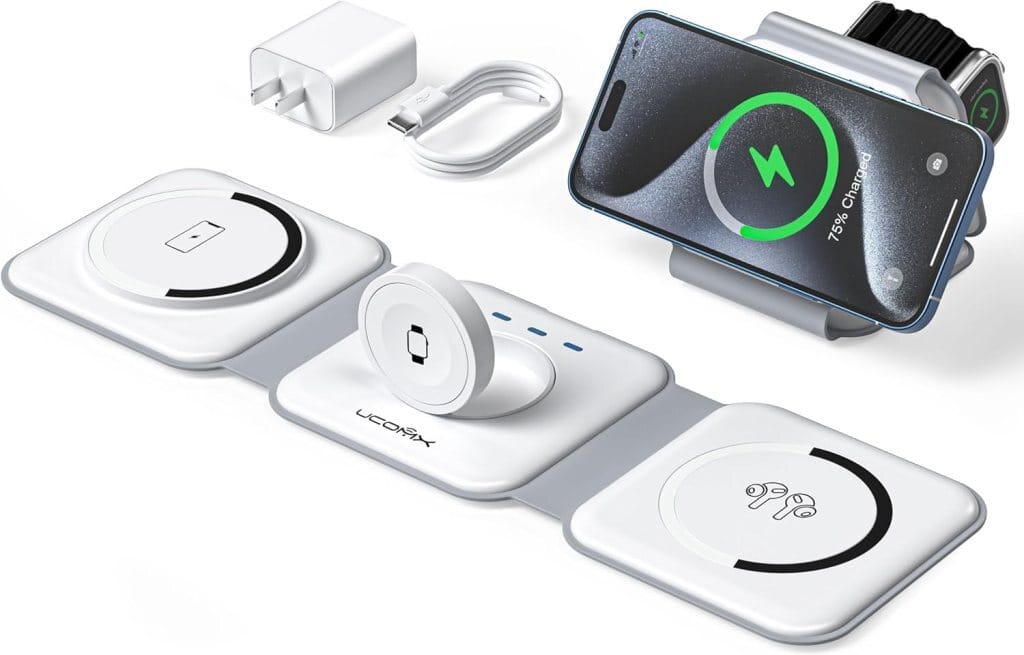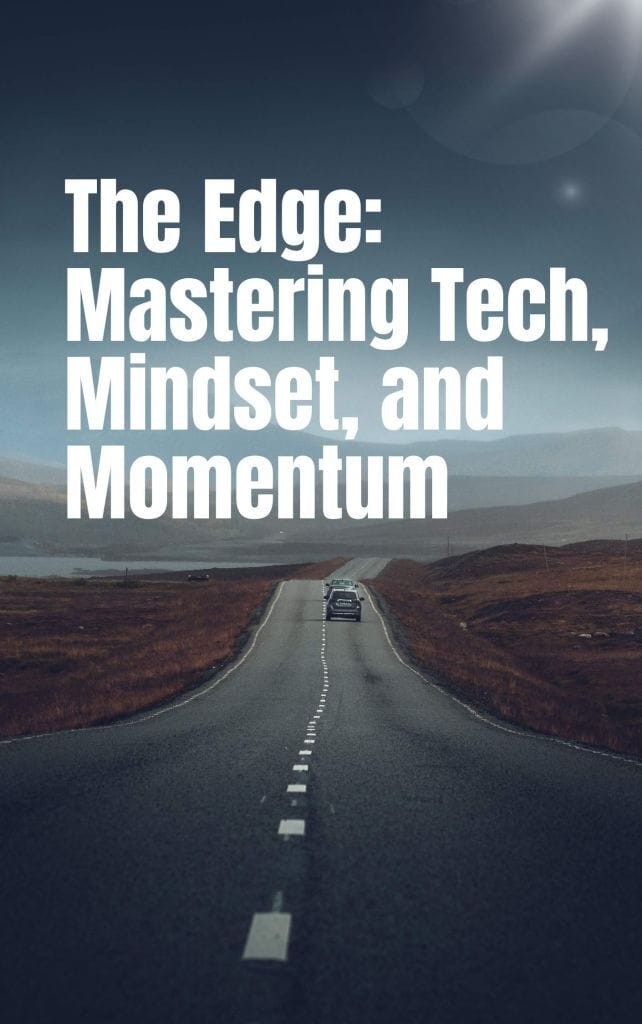- Ark's Newsletter
- Posts
- The Shocking Truth About Starter Home Prices in 2025—Can You Still Afford One?
The Shocking Truth About Starter Home Prices in 2025—Can You Still Afford One?
Here’s what first-time buyers are really paying—and why the market isn’t what you think.

The Truth Behind the $1 Million Starter Home Headline in 2025
Introduction
A recent Zillow analysis has made waves with the claim that starter homes in 233 U.S. cities now cost $1 million or more, up from just 85 cities five years ago. This headline paints a grim picture for aspiring homeowners, but the reality is more nuanced. In this article, we’ll break down the numbers, clarify what “starter home” means, and provide practical advice for navigating the housing market in 2025—especially for those without a million dollars to spend.

Unpacking the Zillow Report
Zillow’s analysis defines starter homes as properties in the bottom third of home values in each market—essentially the most affordable homes available. The report highlights that in 233 U.S. cities, these homes now carry a price tag of at least $1 million. However, the term “cities” can be misleading. It includes not just major metropolitan areas like New York or Los Angeles but also suburbs, towns, and boroughs within larger metro regions. For example, 48 of these 233 cities fall within the New York City metro area alone, which significantly skews the perception of widespread unaffordability.
The concentration of these million-dollar starter homes is heavily weighted toward high-cost, urbanized states. California dominates with 113 cities, followed by New York (32), New Jersey (20), Florida (11), and Massachusetts (11). More surprisingly, states like Michigan, Missouri, Kansas, Wyoming, Minnesota, and Rhode Island have recently joined the list, reflecting a spread of high prices beyond traditional expensive coastal markets. Still, these 233 cities represent just 1% of the approximately 19,500 cities in the U.S., meaning 99% of cities have starter homes priced well below $1 million.
To put things in perspective, Zillow notes that the typical starter home in the U.S. costs $192,514—a far more attainable figure. This national average highlights that affordable options exist, particularly outside high-cost areas. For those in pricier regions, adjusting search criteria to include condos, townhomes, or fixer-uppers can uncover more budget-friendly options.

The Housing Market in 2025: A Broader Picture
Beyond the headline, the housing market in 2025 offers both challenges and opportunities. The median home sales price in the U.S. is approximately $419,000 as of Q1 2025, meaning half of all homes are priced below this amount. While this is still significant, it’s far from the million-dollar mark sensationalized in headlines. Additionally, the Mortgage Bankers Association projects 30-year mortgage rates to stabilize around 6.5%, which, while higher than early 2020s rates, is manageable for prepared buyers.
Market dynamics are also shifting in favor of buyers. An increase in sellers compared to buyers is creating a buyer’s market in many areas, giving prospective homeowners more negotiating power, time to make decisions, and potential for price reductions. However, demand varies by region—some markets still see bidding wars, while others move more slowly. For sellers, working with a real estate professional to price homes competitively based on local comparables is crucial, as homes may take longer to sell than they did in the early 2020s.

Should You Buy a Home in 2025?
Deciding whether to buy a home in 2025 depends on your financial readiness, not just market conditions. Here are key criteria to determine if you’re prepared to buy:
Be Debt-Free: Pay off all consumer debts—credit cards, student loans, car payments—before taking on a mortgage. This reduces financial strain and improves your borrowing power.
Build an Emergency Fund: Save 3–6 months of living expenses to cover unexpected costs without dipping into other savings.
Limit Your Mortgage Payment: Your monthly payment on a 15-year fixed-rate mortgage should not exceed 25% of your take-home pay (after taxes, before other deductions). This prevents becoming “house poor.”
Save a Solid Down Payment: Aim for 20% to avoid private mortgage insurance (PMI), though 5–10% is acceptable for first-time buyers. Ensure you can also cover closing costs without compromising your emergency fund or down payment.
If you meet these criteria, you’re financially ready to buy, and 2025’s buyer-friendly market could work in your favor. If not, focus on improving your finances while continuing to rent. Rushing into homeownership without preparation can lead to stress and financial burdens.

Avoiding the Clickbait Trap
Headlines like “$1 Million Starter Homes in 233 Cities” are designed to grab attention, but they don’t tell the full story. By focusing on a small fraction of the market, they exaggerate the challenges of homeownership. Instead of succumbing to fear-mongering, take a proactive approach:
Research Local Markets: Use platforms like Zillow to explore homes within your budget, including condos or homes needing minor renovations.
Maximize Savings: Store your down payment in a high-yield savings account to earn competitive interest while you prepare.
Work with Professionals: A trusted real estate agent can help you navigate local market conditions and find deals that fit your budget.
Stay Focused: Don’t let sensational headlines dictate your decisions. Homeownership is challenging but achievable with a solid financial plan.

Conclusion
The $1 million starter home headline is more dramatic than representative. While home prices are high in certain areas, the vast majority of U.S. cities offer more affordable options, and market trends are shifting toward buyers. By focusing on financial readiness—being debt-free, building an emergency fund, limiting mortgage payments, and saving a strong down payment—you can approach homeownership with confidence. Ignore the clickbait, stay informed, and take deliberate steps toward your homebuying goals. For a detailed guide on buying a home the smart way, consider resources like the Ramsay Home Buying Guide, which offers step-by-step advice for first-time buyers.
